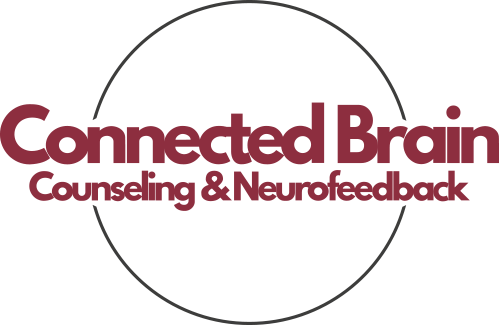The short answer is, yes! Anxiety is one of the most studied and well proven symptoms that neurofeedback .can assist with. Though the approach is more complicated and time consuming than taking a pill, the long lasting effects of neurofeedback therapy and holistic mental health treatment on anxiety are an option that many people are turning to.
The Side Effects of Anxiety & Medication
Medication is slowly losing it’s desirability as an option for anxiety, with neurofeedback and biofeedback are rapidly growing in popularity as an alternative.
The potential side effects of medication are to put it simply, terrifying. Hypotension, decreased sex drive, depression, emotional dysfunction, memory loss, difficulty thinking, decreased IQ, weight loss/gain (1)…the list goes on. And what’s worse – 38% of clients taking SSRI’s report adverse side effects (2). That’s nearly half of all individuals taking one type of anxiety medication with no guaranteed results!
What medication misses is the innate (and actually quite healthy!) nervous system response to perceive threats in our environment. Our brains and bodies have evolved to detect and analyze threats in a highly evolved way. The amount of perceived threats that
we are exposed to in modern day to day activities are numerous. Family cohesiveness, toxic chemical exposure, social likability factors, racing down the freeway…our brains are constantly scanning for threats to protect us from.
Which, unfortunately, can feel like anxiety. Though our brains are actually working properly…without a proper amount of neutral focus (think meditation or down time), the effects of modern life can feel overwhelming. Luckily, alternatives to manage this anxiety are evolving by the day with neurofeedback being one of the top contenders for symptom management.
How Does Neurofeedback Help Anxiety
Through a QEEG Brain Map, a licensed clinician can see the patterns of electrical activity in the brain that can contribute to anxiety. Whether it be generalized instability (think caffeine jitters), PTSD (hello, childhood trauma!), overanalyzing, head injury or hormonal imbalances…these are all patterns we can see on a QEEG Brain Map for anxiety.
While some of these patterns may feel extreme, many of them have numerous studies with proven results on decreased intensity in symptoms (3).
What Happens During A Neurofeedback Session
In a neurofeedback session, your clinician will place electrodes on the locations of the brain that your brain map show to need adjustments in specific brainwaves. Training for the client is simple and pain free as you relax in a comfy chair watching Netflix. Layered over the show’s are a series of sounds, such as beeps or dings that teach your brain how to regulate itself independently. Learn more about what to expect in session here.
Sources:





